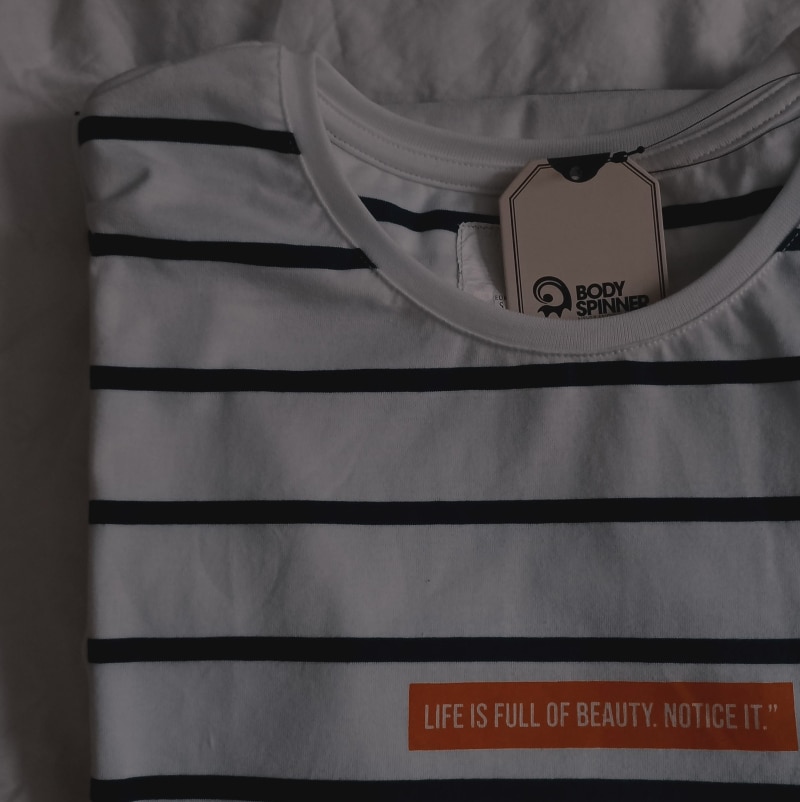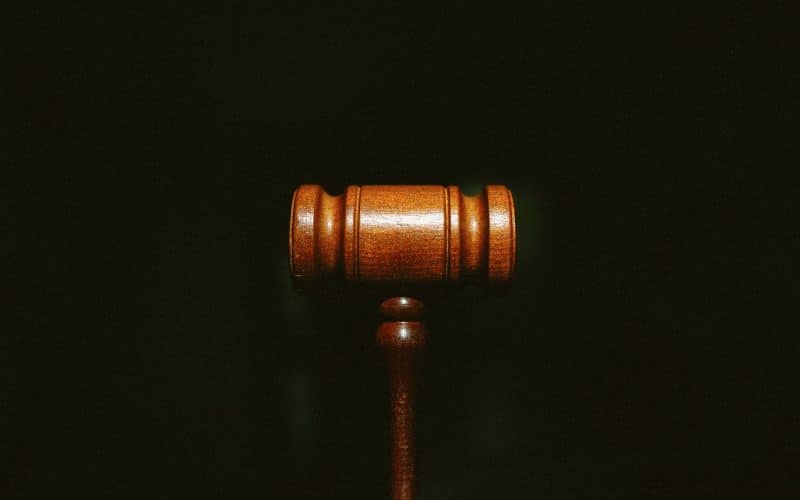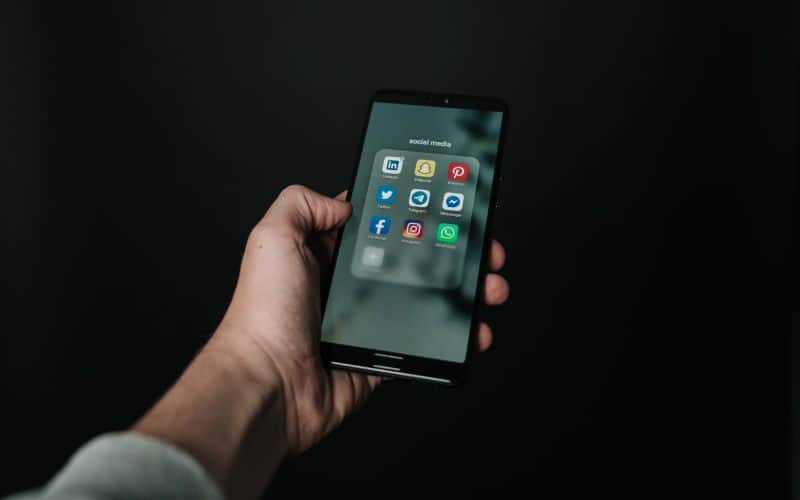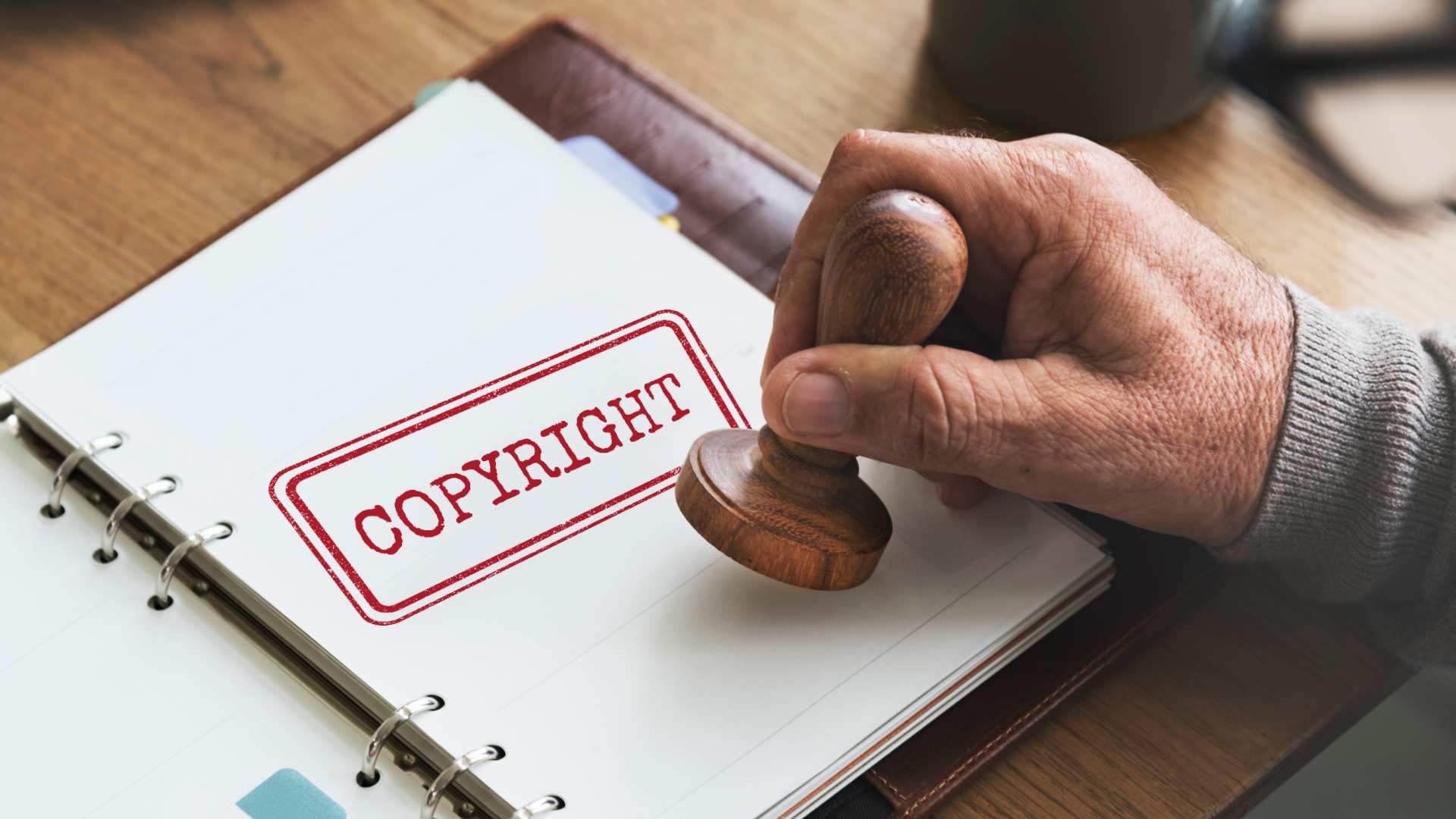Starting a small business designing T-shirts is not as straightforward as one may think. Every business has legal ramifications, and launching a T-shirt design business is no exception. Before going all out to produce T-shirts with designs you think are unique and special, you may be surprised the designs come with a copyright or trademark.
Copyright provides control and permission by the creator on who is allowed the use of design and image. A trademark protects any item or product that defines a company’s brand, including logos, symbols, etc. You can use images from public domains or those deemed as fair use.
Suppose you require more information about copyrights, trademarks, and how to prevent your designs from being used by other people without your permission. In that case, this article is what you are looking for.
How Is Copyright Relevant To My T-Shirt Business?

In 2020 the global custom T-shirt printing business was estimated at a value of $3,64 billion US dollars, and sales in 2021 were expected to reach $516 million US dollars. If there ever was a time to start printing on T-shirts and start a business from that, now is the right time!
However, knowing what copyright and a trademark are and the differences between the two is vitally important before you go printing designs on T-shirts.
Copyright applies to any creative content, such as graphics, original text, audio or visual aids, and intellectual property. As the creator of the designs, copyright provides you with the rights to display, reproduce, and distribute your work for a period of seventy (70) years after your death.
It is also advisable to check with an official authority such as the United States Copyright Office before using a design you downloaded off the ‘net. The last thing any new start-up business wants is to be sued for not paying attention to a minor issue such as copyrights.
It may seem minor, but it may escalate if necessary precautions are not taken and could cost you your business!
Under the United States laws, the Digital Millennium Copyright Act monitors any violators of copyright infringement. The amendment of the Act in 1998 created the notice and takedown system that allows the original artwork creator to contact online service providers requesting the item violating the Act be removed from the site.
Under copyright laws, you hold the right to your design when created, so your design is protected. The copyright symbol© is no longer essential to your designs. Some T-shirt designers still use it, but it does not hold as much significance.
How Is Trademark Relevant To My Business?
Trademarks are what characterizes and distinguishes your business and product from your competitors. A trademark protects a company’s logo, catchphrase or slogan, business name, or the product name.
Here are some points to remember when registering trademarks for your T-shirt business.
- Trademarks must be recognizable such as the Nike swoosh or the McDonalds double arch. The colors and designs are recognizable wherever in the world you are.
- Trademarks Must be registered. It can be an expensive process for a start-up T-shirt business but should be added to your To-Do list.
- For you to retain ownership of your trademark, it must be enforced. So make sure your trademark is boldly shown on letterheads, your T-shirt swing tags, and any packaging you are using.
- Trademarks can be revoked in the event they are misused by the company either knowingly or unknowingly.
- When a person infringes on a trademark, it is within the owners’ rights to lay a claim against that person.
Public Domain And Your T-Shirt Design

Specific images have passed over their lifespan for want of a better word. The copyright or trademark laws have expired, so these images have become the public domain. It is these images you may freely use without any legal repercussions.
For example, in 2017, The Met released Vincent Van Gogh’s self-portrait of “A Man In a Strawhat” (1887) to public domain. This means any person may use this image on any item of clothing or other objects.
Public domain images may be found on various sites. An example of one such site is Wikimedia Commons. They have a large assortment of public domain images available.
However, there may be specific stipulations with some images. However, you will need to check and verify before using the images.
Unsplash is another site with public domain images. The British Library has also released over one million images into the public domain.
Fair Use: Is It Fair Or Not?
With every law, there is a loophole of sorts. Under copyright laws, the Fair Use practice may be one such loophole. This may or may not be in the best interests of the T-shirt designer.
The Fair Use practice allows for the use of specific images and content with the exception it does not impose on the designers’ rights.
Fair use is about how the image or design is being used and is sometimes a gray area for lawyers to contest. The legal system recognizes the following four points regarding whether Fair Use is appropriate or not.
- The Intention And Nature of Use allow for the image or design to be used for nonprofit and educational purposes. The law leans towards the educational side the more likely the design falls within Fair Use.
- The intent of the design
- Fair use asks whether a portion of the original artwork was used or not.
- The monetary value or economic effect the artwork had on the market.
Protecting Your T-shirt Design

The internet is free play for individuals looking for artwork or designs for their T-shirts. The best way to protect your original artwork is to register with the United States Copyright Office. In this way, if you find your design has been plagiarized, you have legal rights to lay a claim against that person and request they remove the design from being used for monetary gain.
It is a simple process to follow that can be done online. Register onto their website http://www.copyright.gov/ and follow the prompts. The process may involve several months before you receive your certificate of registration. Still, you can rest easy knowing your original artwork is protected, and you have the right to legal action if infringement occurs.
The Internet And Copyright
In our ever-changing digital world, copyright laws are becoming harder to follow. There is a fragile line between intellectual property and who holds the right to it. In the United States and Canada, copyright laws include expressing ideas and not just the ideas and concepts. As a T-shirt designer, this means your design needs to be applied to a medium for it to be protected.
The tricky part about copyright laws comes if your NFT creation (non-fungible token) finds its way onto a T-shirt or other medium.
There is so much we can learn about NFTs. It is a relatively new concept. Regarding copyright laws, an NFT is still an original artwork, so all copyright laws still apply to it. The worldwide web is an open space, but copyright rules apply no matter where in the world you are.
Social Media And Copyright Laws

Social media has allowed many to stay in touch with friends and relatives in far-off places. However, we often post-digital art photographs, including our original T-shirt design, to find more customers for our T-shirts.
However, social media also brings out the trolls on the lookout for creative designs like the ones you have done. You can rest assured that your designs and creations are protected under copyright law.
Before you use an image from any social media, read the terms and conditions of the social media platform carefully. All social media platforms come with their own set of rules and regulations that protect themselves and the users.
Suppose you need to use an image or design from any of the multiple social media platforms. In that case, it is best to get in touch with the original designer or creator of the artwork, or you may face copyright infringement and may be sued.
To avoid copyright infringement, here are a few steps for you to follow
- Contact the original owner and inquire what steps are needed for you to use the image or design.
- Also, inquire whether payment is needed to use the design or artwork.
- Make sure you receive written authorization to avoid future complications.
Protect Yourself: Be Original
There are many ways and means to go around copyright and trademark laws. However, the best way to avoid being caught out in copyright infringement is to be yourself and create your own original designs. Make sure you register your creation with the Copyright Office.
Conduct A Trademark Search For A Design
Before you produce T-shirts with a name or phrase, it may be helpful to conduct a trademark search of that quote or phrase. That will tell you in advance whether a trademark protects it or not.
It is better to be safe than sorry and avoid lengthy and expensive court cases.
Trademarks can be verified on Trademark Electronic Search System (TESS). It is also best to engage an attorney to conduct the search and will be able to advise you on the risks of adopting a design or artwork.
Items To Avoid On T-Shirt Designs

- Names, logos, pictures, other intellectual property of musical groups, musicians, and their lyrics.
- Names, logos, pictures, other intellectual property of sports teams, universities, or other educational and academic institutes.
- Characters, actors, or images from cartoons, popular superhero movies, video games, etc.
- Trademarks, names, logos for companies.
- Photos, caricatures, or artworks depicting TV or movie personalities.
- Images or graphics are deemed free for commercial use. Contact the original creator to enquire if an image or graphic can be freely used for commercial purposes.
- Quotes, phrases, sayings taken from movies, television series, or musical lyrics.
- Memes or images from viral videos
What Items Can You Use On Your T-shirts?
- Images or graphics that are royalty-free and deemed for Commercial Use
- Images or graphics are listed under the public domain.
- Original Images or graphics created by you.
These Images You Can Use Without Infringing On Copyright Or Trademark Laws
- Flags
- Coat Of Arms
- National Symbols
- The likeness of political figures
What Should You Do In Case Of Copyright Infringement?
If you are made aware of a person using your designs without your permission, it is a case of copyright infringement, and there are legal steps you may take.
Before making your T-shirt designs public, ensure you have legally registered your original artwork with the proper authorities. Once this is in place, you have the legal right to file an infringement suit against the person using your design.
Obtain a temporary restraining order and file a motion for an order to stop the production, distribution, and sale of any pieces of your original designs.
Contact a legal institute at a law school faculty for legal advice and assistance with your infringement claims. Many law schools offer free advice and assistance.
- If you are accused of copyright infringement, you will be issued a cease and desist letter. This letter will request from you within ten days detailed information on
- which stores the T-shirts were sold at, both online and physical location
- Profits from the sales you made
- Itemized list of your remaining stock
- List of marketing materials
- A written assurance that you will no longer use the copyrighted design or trademark
If in the unfortunate case, you are found guilty, you will be required to pay any damages that occurred by the original designer, including their attorney and court fees. You are also liable for criminal charges. As a start-up business, the last thing you need is to face legalities so early in your business.
Therefore, it is best to avoid all these and go the direct route. It may seem time-consuming and tedious but worth it in the end. Do your homework before starting out. Speak to those in the business and get to know a good lawyer who deals with copyrights and trademarks.
Conclusion
There is no need for you to know everything about copyright and trademark laws. You need only know the basics. With the internet having such a broad scope, there is a very fine line between what one can or cannot legally use. Many laws are outdated and need to be reviewed. The key is to protect yourself and your designs. As a start-up business, you should get it right the first time and avoid any legal hassles later on.
Bryan E. Robinson is the former owner of TshirtGrowth. He has sold t-shirts since 2006 through dropshipping, screen printing, vinyl printing, DTG, Print on Demand, and more. Bryan has created his own t-shirt designs through Photoshop, Canva, and other platforms, as well as worked with freelancers to create many of his designs. Besides t-shirts, Bryan has over 18 years of experience in online marketing with eCommerce, B2B SaaS, B2C products, and more.


